Coronavirus: None the Pfizer
Hello Quartz readers,

Hello Quartz readers,
Yesterday’s news that a Pfizer/BioNTech vaccine candidate seems to be 90% effective in late-stage trials quickly devolved into a fight for bragging rights.
US vice president Mike Pence attributed the news to Operation Warp Speed (OWS), the Trump administration’s “public-private partnership,” while Pfizer tried to take credit for its own work. Although the company did strike a $1.95 billion deal for the US government to purchase 100 million doses of the vaccine, Pfizer emphasized that it received no federal funding for vaccine research and development.
What’s behind the confusion? In part, the way many OWS contracts have been executed, with their terms largely invisible to the public. OWS’s largest agreements with vaccine companies—totaling more than $6 billion—are managed by a third party, a defense-oriented nonprofit called Advanced Technology International (ATI).
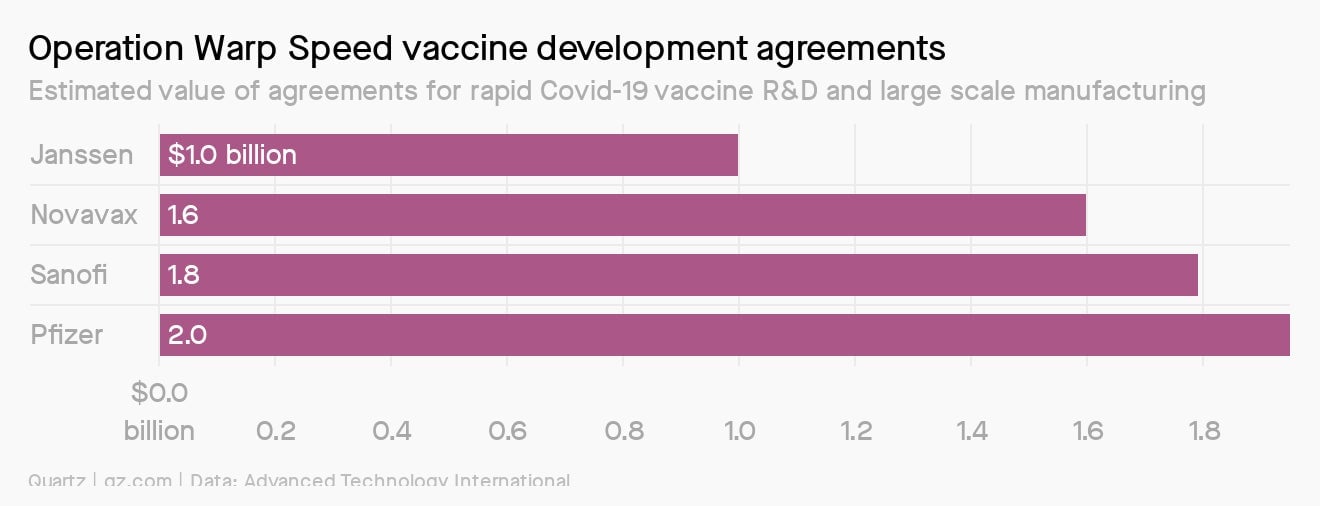
ATI has managed federally-funded R&D collaborations on behalf of the US defense department for more than 20 years. One such collaboration is focused on protecting military personnel against chemical, biological, radiological, and nuclear threats—including viruses.
On June 9, that group made the shift to Covid-19 vaccines; less than a month later, the US had its first agreement, a deal with Novavax worth up to $1.6 billion. Quartz science editor Katie Palmer looks at why the precise terms of that deal, and the one with Pfizer that came shortly after, are still unclear.
One deal with very clear terms
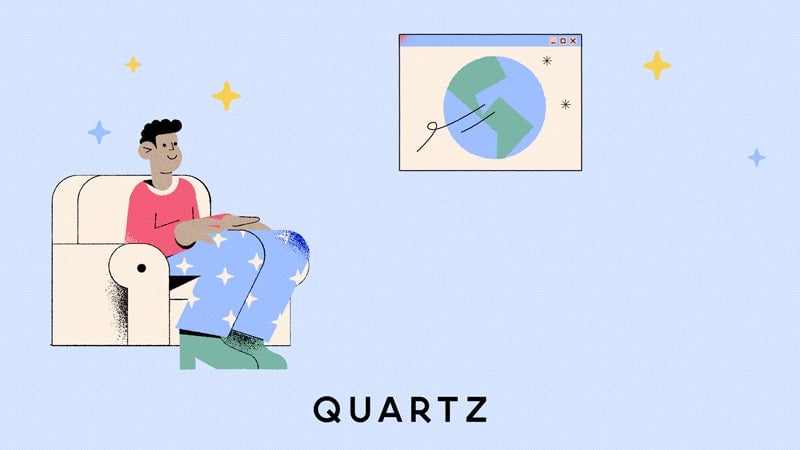
Quartz just celebrated year two of membership, and to mark the occasion we’re offering 50% off year one if you use the code MEMBERSWEEK.
Why pay for Quartz? (other than your affinity for this charming, informative email). Because we’re an independent media company—as of this week!—with a focus on making business better. We believe companies should solve real problems without creating new ones. We also believe in sending members weekly field guides, additional charming emails, fresh presentations, and Quartz swag. If you’re still on the fence, give us a try for seven days, free.
Not throwing away my shot
Vaccines can only stop a pandemic if people take them. A survey of over 18,000 adults across 15 countries found that, as of October, people living in India were the most open to receiving a Covid-19 vaccine if one were available right now.
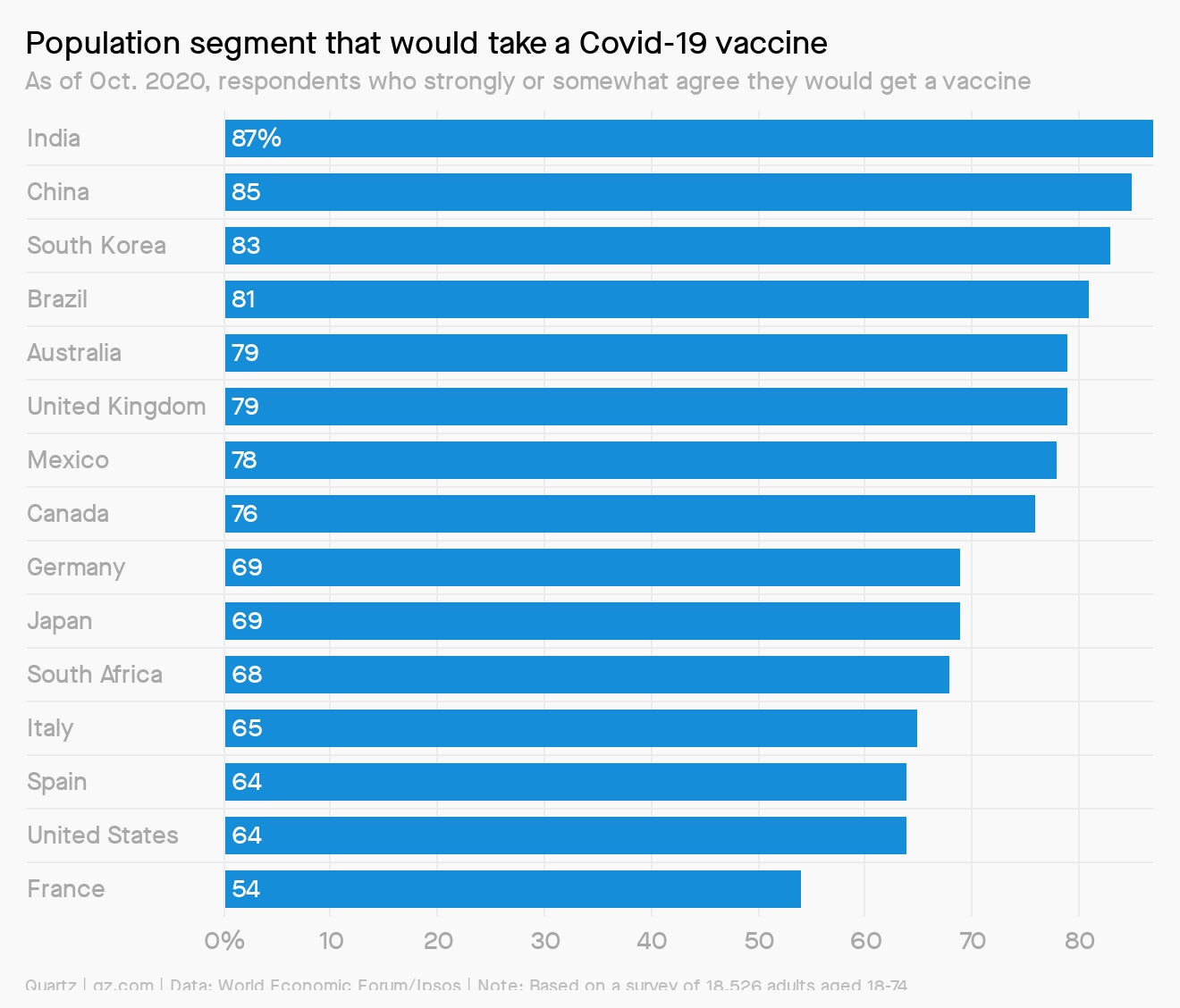
Some good news
Coronavirus has a new US task force—or at least it will, once president-elect Joe Biden takes office in January. Biden’s full list of task force appointees signals the return of diversity to the US federal government’s ranks, and includes three co-chairs:
- David Kessler, former US Food and Drug Administration commissioner
- Marcella Nunez-Smith, Yale associate dean for health equity research
- Vivek Murthy, former surgeon general
Biden has also said he would issue an executive order requiring masks on his first day as president. Dozens of countries, including India and France, have national mask mandates, but what a US mandate would require depends in part on how it’s declared.
Some “good” news
In April, the World Bank predicted a 23% drop in remittances to sub-Saharan African countries this year thanks to Covid-19. But the bank’s most recent estimates portray a more positive outlook. Remittances to the region are now projected to decline by 9% in 2020 and 6% in 2021. That would put 2020 remittances to sub-Saharan Africa at $44 billion, down from $48 billion in 2019.
ICYMI
While some of us were compulsively checking for updates on the election last week, other things did happen in the US economy.
1️⃣ Covid-19 cases keep rising. The number of confirmed cases appears to be leveling off in some countries, but the seven-day rolling average is increasing in the US and Germany.
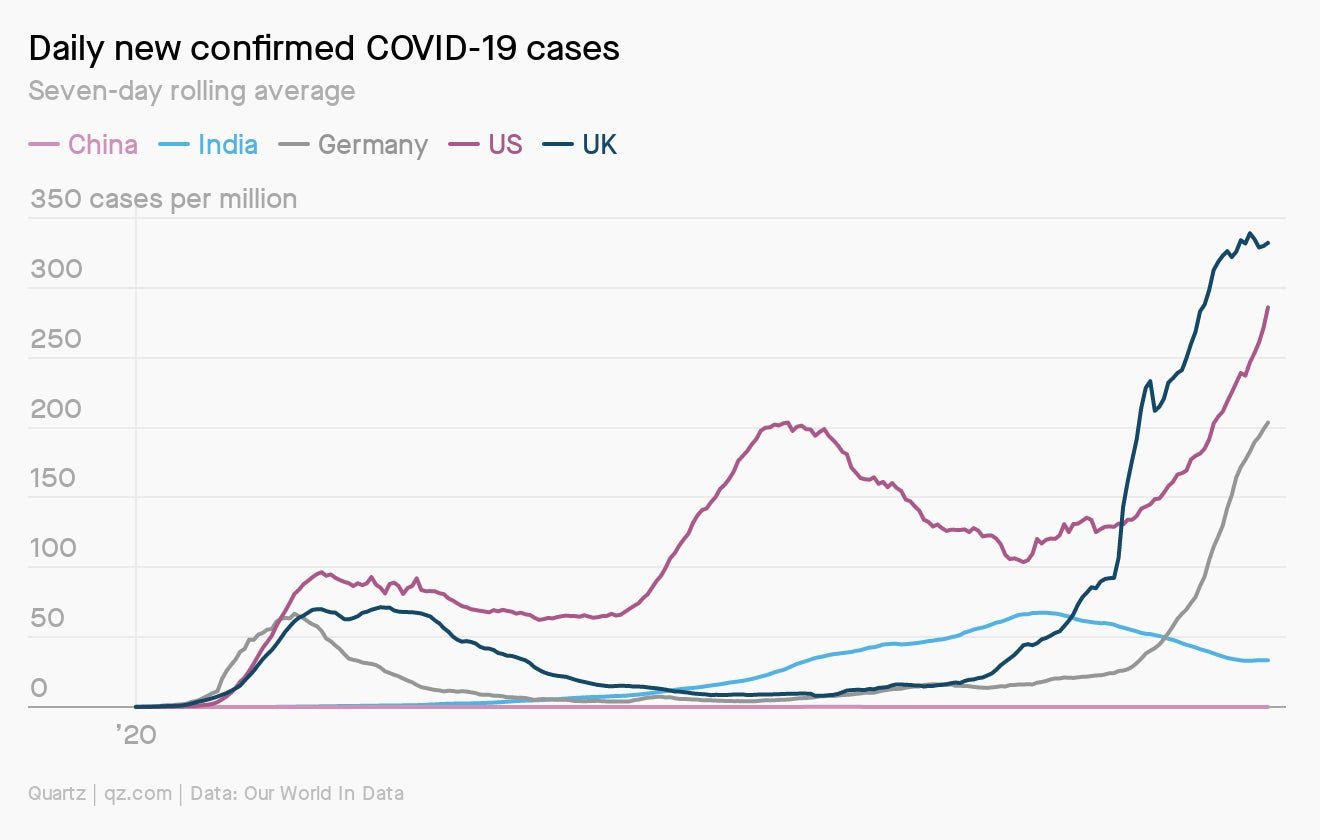
2️⃣ The US job market continued to recover. The US unemployment rate fell to 6.9% in October, compared with 7.9% the month before and nearly 15% in April. But if new government restrictions are necessary to contain the spread of the virus, the recent improvement in the job market could be fleeting.
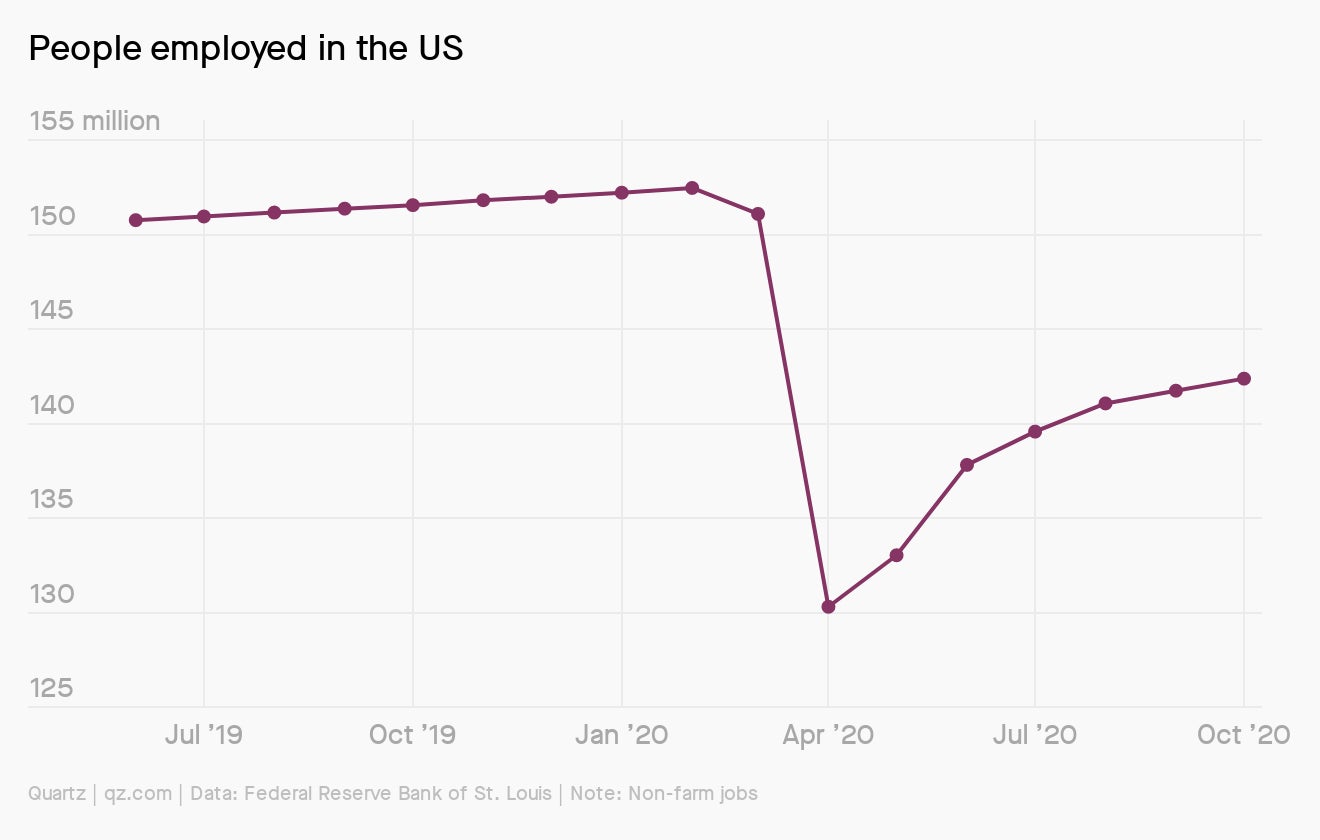
3️⃣ The Federal Reserve keeps pushing for higher inflation. Fed policy makers reiterated their commitment to getting inflation back up to 2%, but institutional investors aren’t so sure. Instead, fixed-income traders lowered their expectations for price increases, according to break-even rates, an estimate of future inflation based on inflation-protected securities.
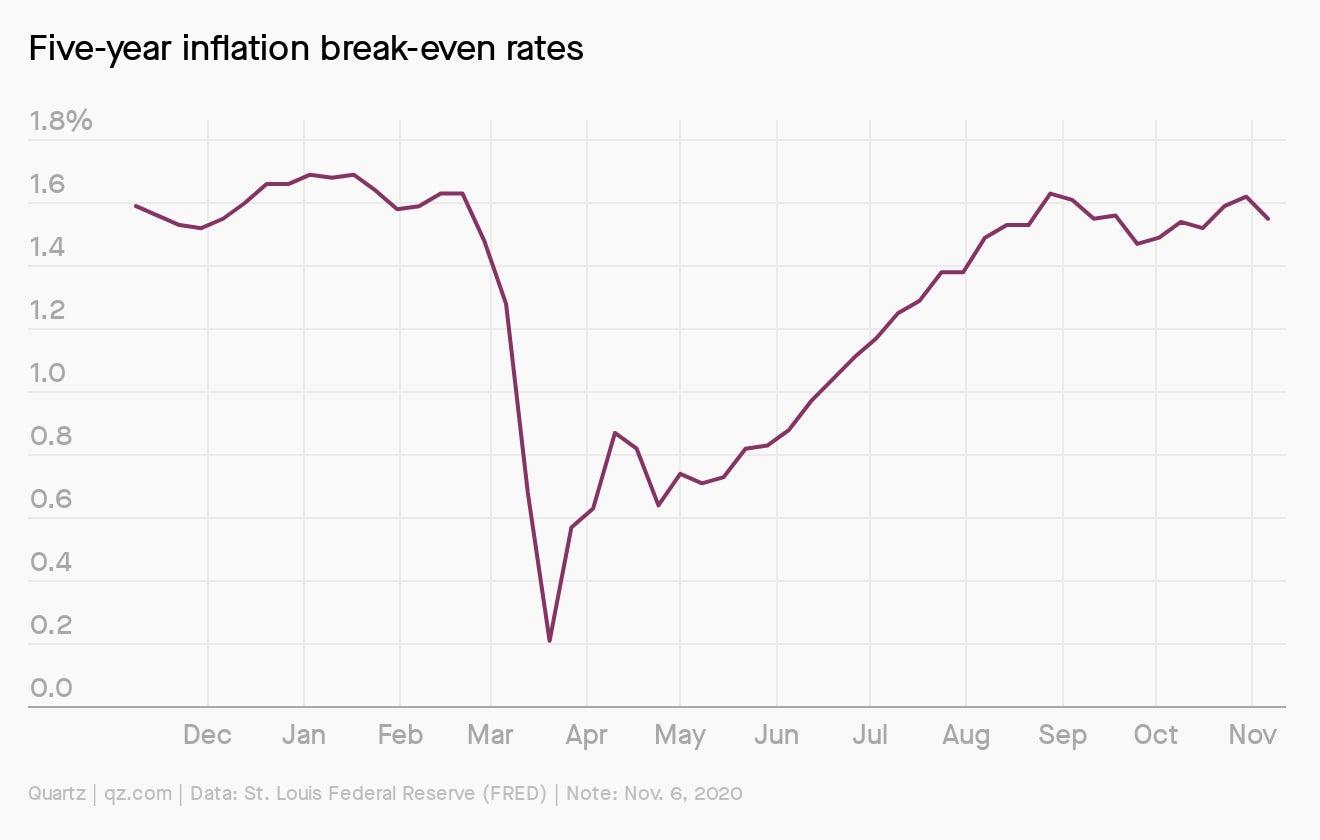
Her majesty’s mask
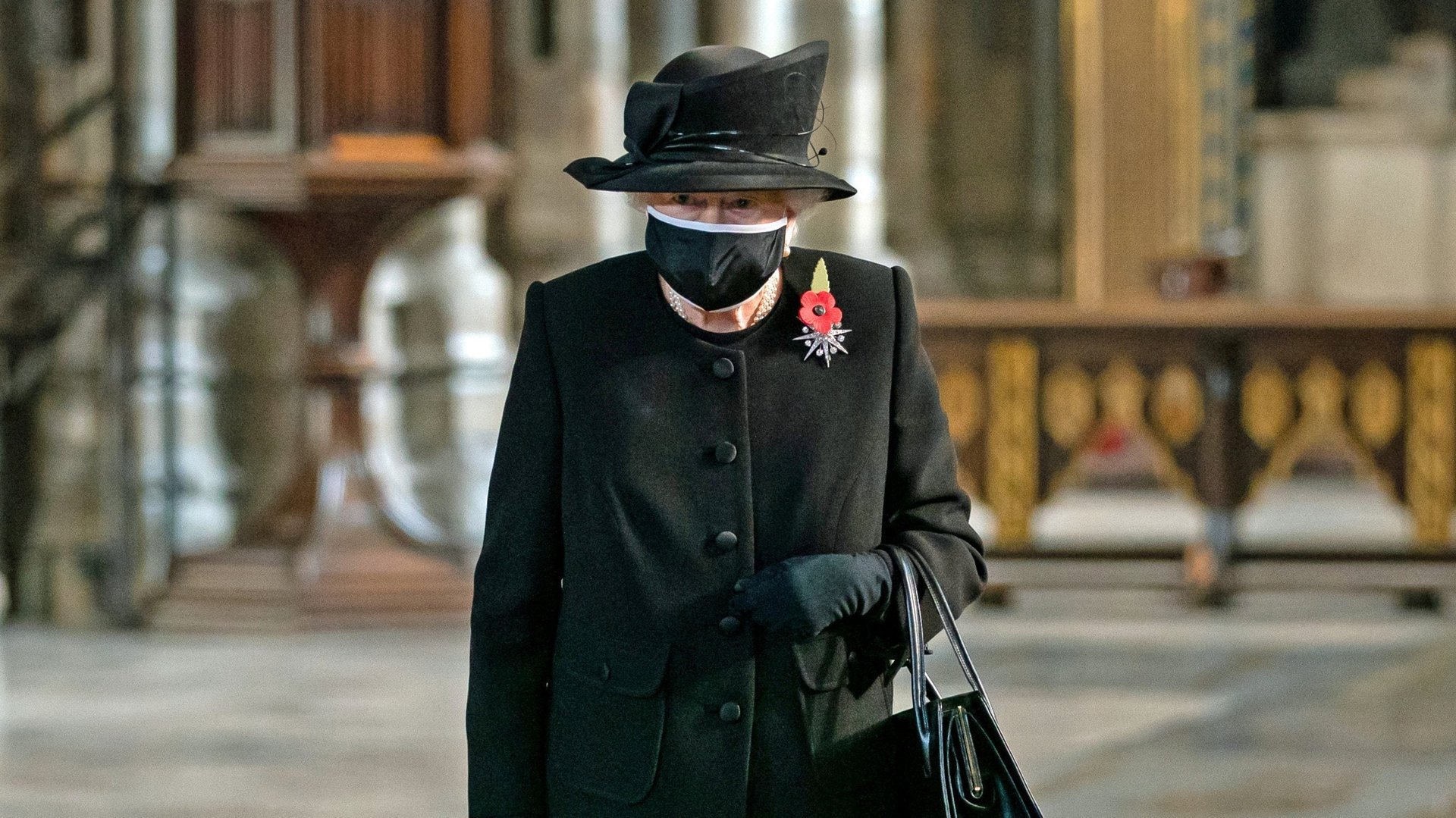
Last week, Queen Elizabeth II wore a face mask in public for the first time while attending a ceremony for the centenary of the burial of the Unknown Warrior. The UK is facing a second wave of infections, and the government recently put new rules in place to address a growing number of cases.
Essential reading
- The latest 🌏 figures: 50.9 million confirmed cases; 33.3 million classified as “recovered.”
- Effectiveness vs. efficacy: What does “90% effective” mean for Pfizer’s vaccine?
- Turning on the tap: Why Pfizer’s news is great for oil companies.
- Unfair disadvantage: The pandemic is increasing inequality in poor countries.
- The trifecta: Three ways the CDC can regain the public’s trust.
Our best wishes for a healthy day. Get in touch with us at [email protected], and live your best Quartz life by downloading our iOS app and becoming a member. Today’s newsletter was brought to you by Katie Palmer, Katherine Ellen Foley, Manavi Kapur, Yomi Kazeem, John Detrixhe, Dan Kopf, Karen Ho, Alex Ossola, and Kira Bindrim.